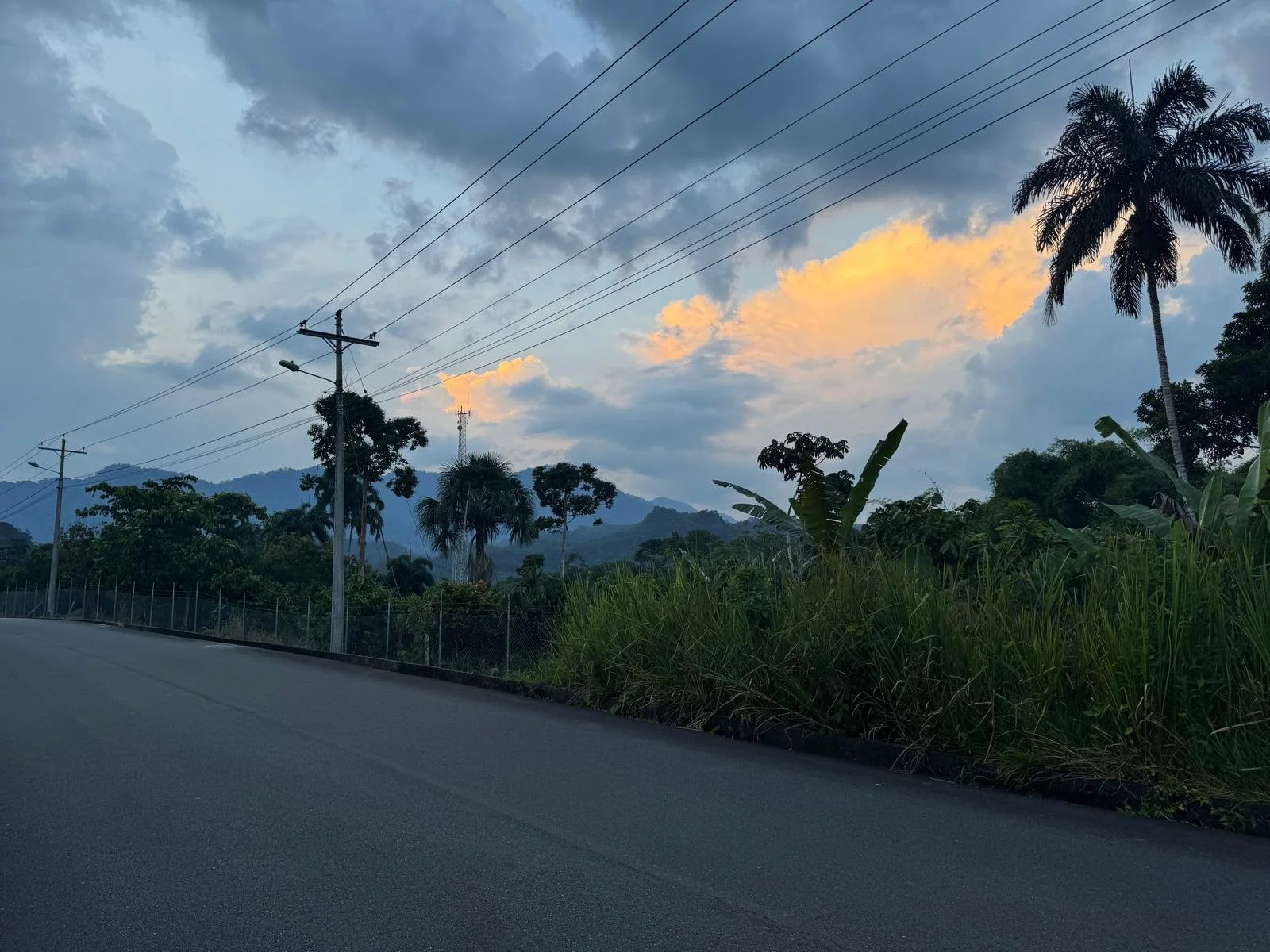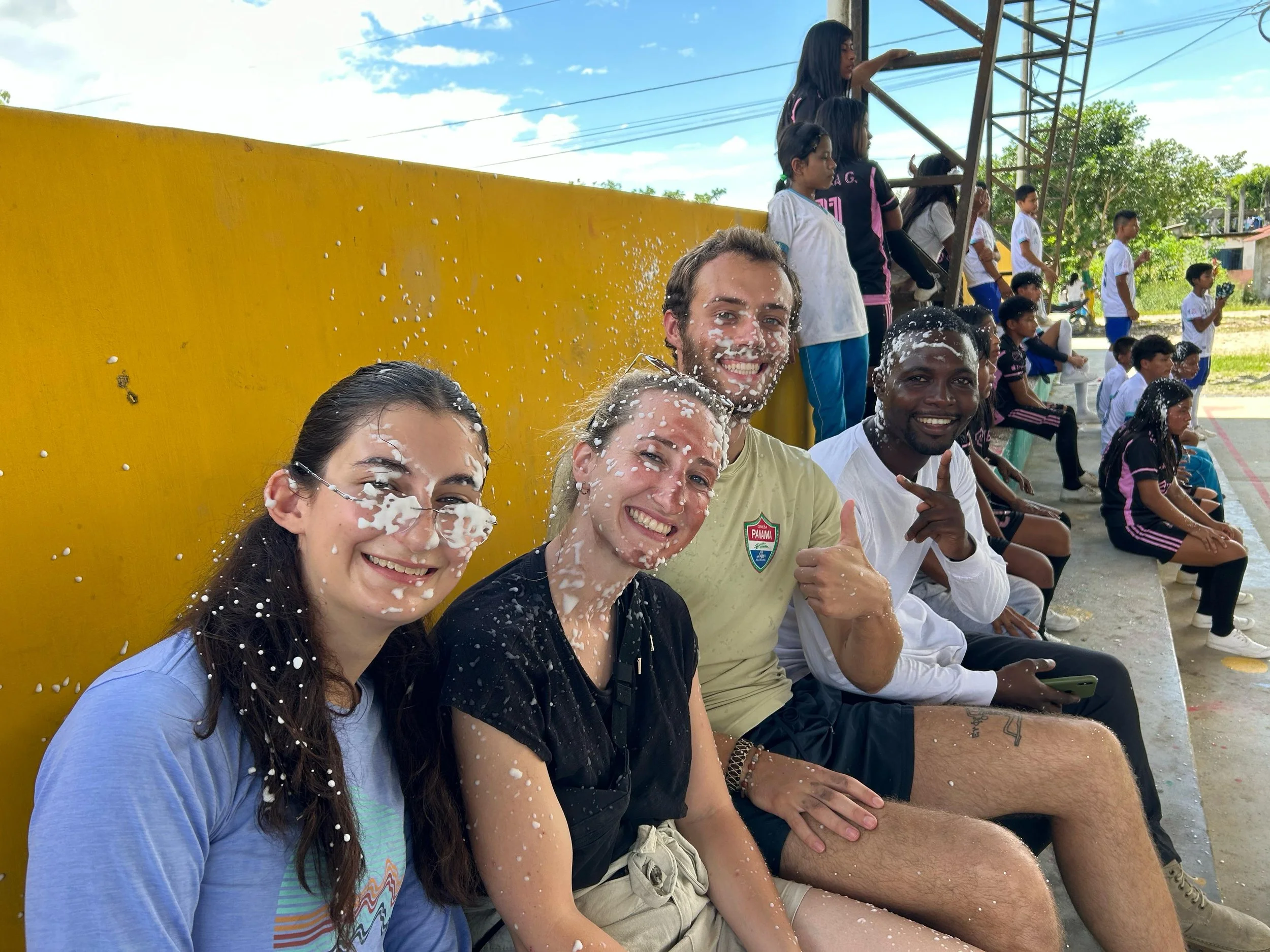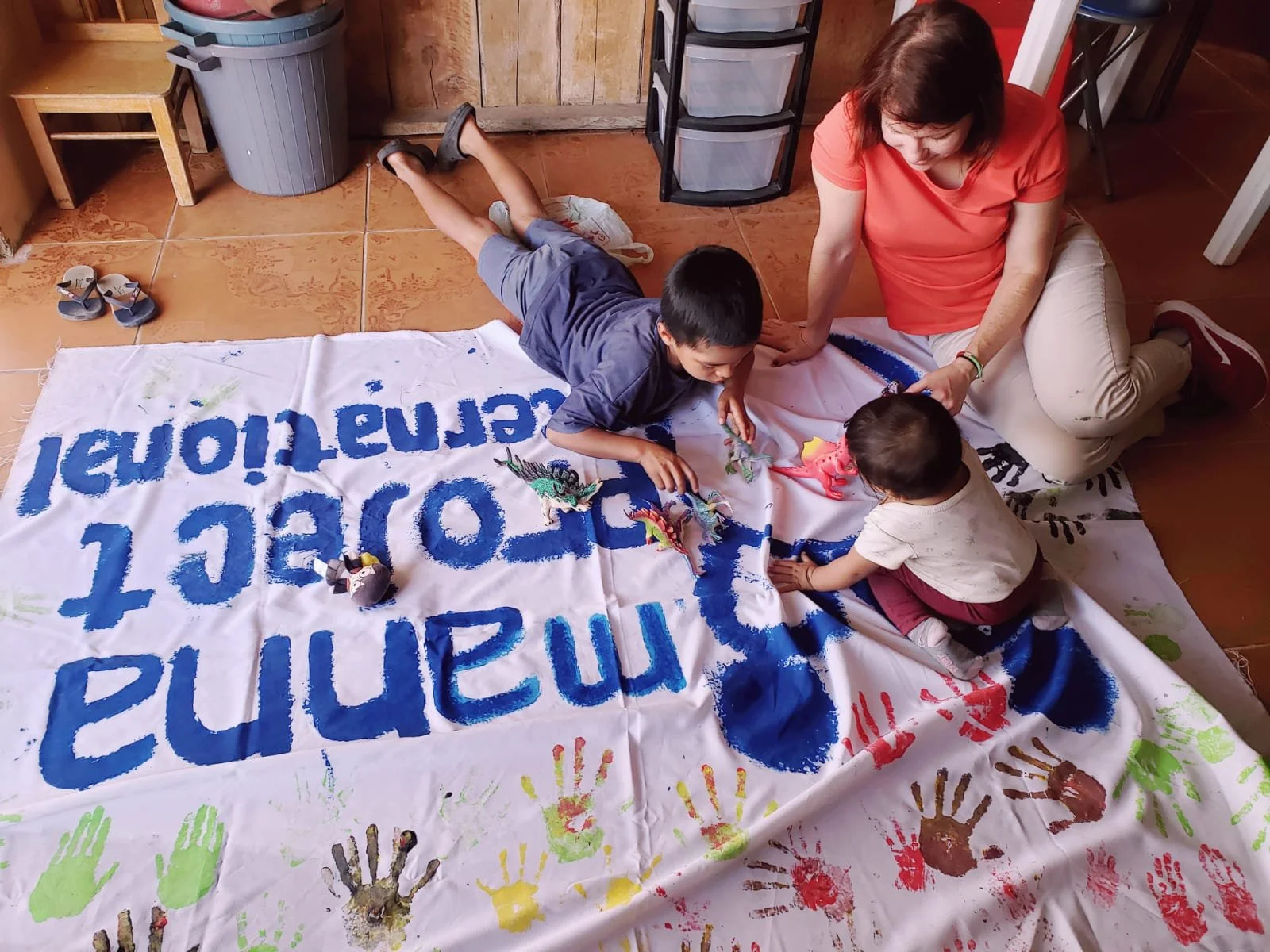As Ecuador’s new team of program directors gets into full swing with classes and programs, I feel that it will be helpful to give everyone on the outside a brief overview of Manna Project’s theoretical foundation, because while this is a blog about our daily lives, our work and many of the daily micro-decisions we make are influenced by the theory underlying our organization. What follows is a brief summary of asset-based community development, the theoretical paradigm under which MPI Ecuador was founded, and which continues to influence our behavior and decisions as an organization.
Asset-based community development can best be described as a way to help people help themselves. It is an approach that involves discovering existing organizations, resources, or capacities within communities that can be leveraged to improve the conditions of individuals and of the community as a whole. One of the most important goals of development under this framework is the empowerment of individuals and of the community, making people “more likely to take control of aspects of their lives, to plan for their future and deal with economic uncertainty, to support their children’s educational achievements, and to work to ensure that the lives of the next generations are better than their own,” in the words of Melvin Oliver1, a past vice-president of the Ford Foundation.
To empower individuals, our Manna site was founded with the cooperation and support of local leaders and an Ecuadorian partner organization in the San Francisco municipality. Since then, Manna has expanded its service beyond San Francisco and now operates a library and community center, which was developed as a response to the community’s assets and the desired outcomes of our work, as stated by individuals in a community-wide survey. Manna still relies upon collaboration with local organizations and the participation of community members in order to build trust and be aware of other development within the community. One of the local organizations we support is the Red Cross Ecuador (La Cruz Roja Ecuatoriana), by volunteering time when they need volunteers, as detailed in a recent blog. This past summer we also hosted a summer camp in conjunction with Añamisi, an organic farming cooperative, with whom we continue to work. We also have individual local volunteers who spend time at our Centro helping with our programs. La Cruz Roja and other organizations that we support are important assets to the community because they are already established organizations. By supporting them, we are upholding one of the principles of asset-based community development by avoiding “the fragmentation of efforts”2, or competition with organizations that already do good work and have a strong foundation. Furthermore, by promoting the goals of local organizations not in competition with us and enlisting the help of local volunteers, we hope to spur a cycle of activism and empowerment within the community.
Being involved with local Ecuadorian actors is important to our work, because although we try hard and are often successful at communicating with and understanding community members, volunteers from the same cultural background as the people we serve is an easier and more effective way for us to build trust and legitimacy. By involving local community members and helping other local organizations, we hope that people in the community continue to see that we are genuinely trying to help them and give the them a stake in the process, instead of seeing us as outsiders with pretensions of being able to drop in and solve the their problems, an unfortunate occurrence for some international development efforts. By forming relationships and being involved in the community, we can, and are, seen for what we really are: motivated young people with a desire to change the world in a positive way.
1. Oliver, Melvin. Assets for the Poor: The Benefits of Spreading Asset Ownership. Ed. by T.M. Shapiro and E.N. Wolff. New York: Russell Sage Foundation. 2001. Pg. xii.
2. Kretzman, John P., and John L. McKnight. Building Communities from the Inside Out: A Path Toward Finding and Mobilizing a Community’s Assets. Evanston, IL: Center for Urban Affairs and Policy Research, Northwestern University. 1993. Pg. 4.
















